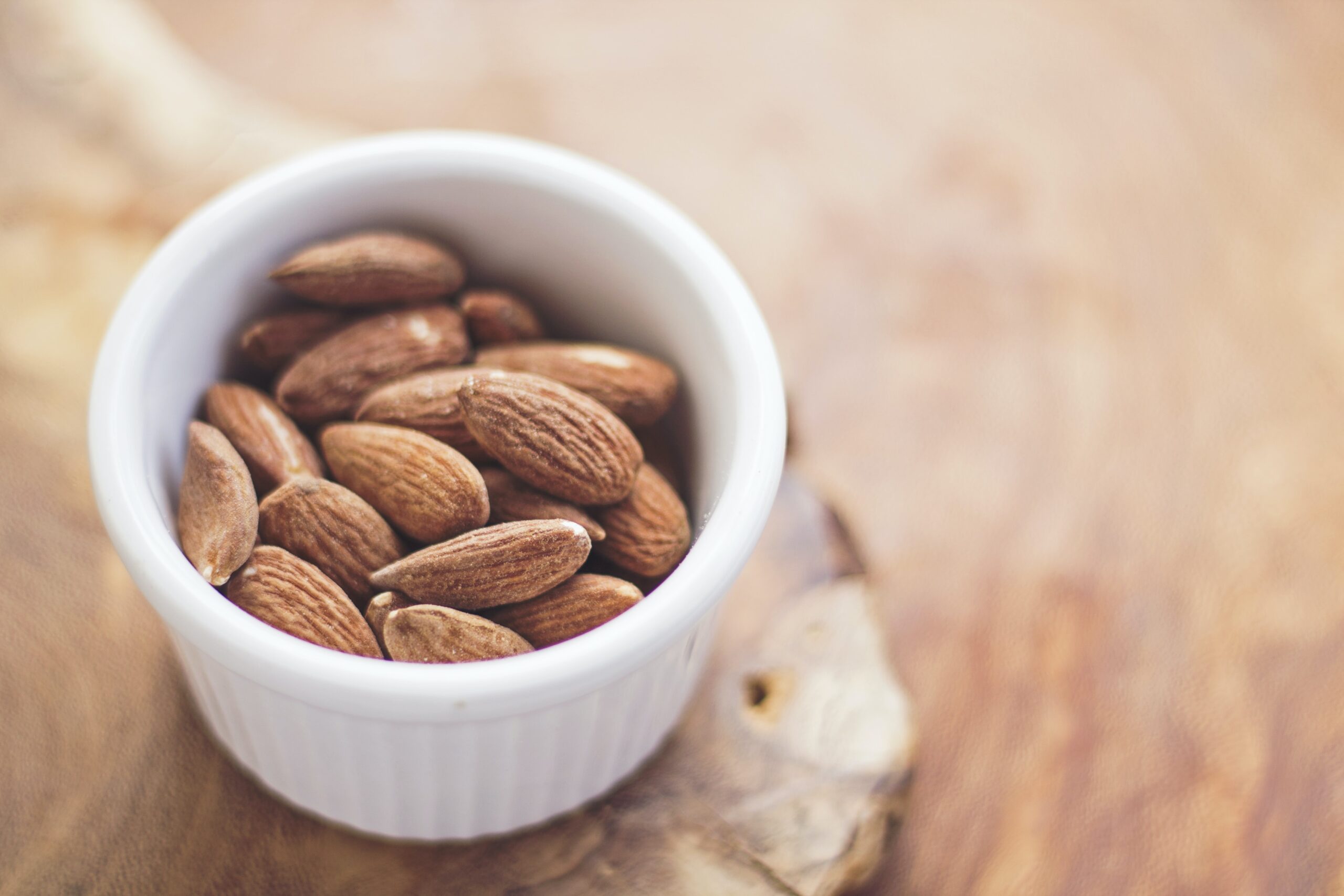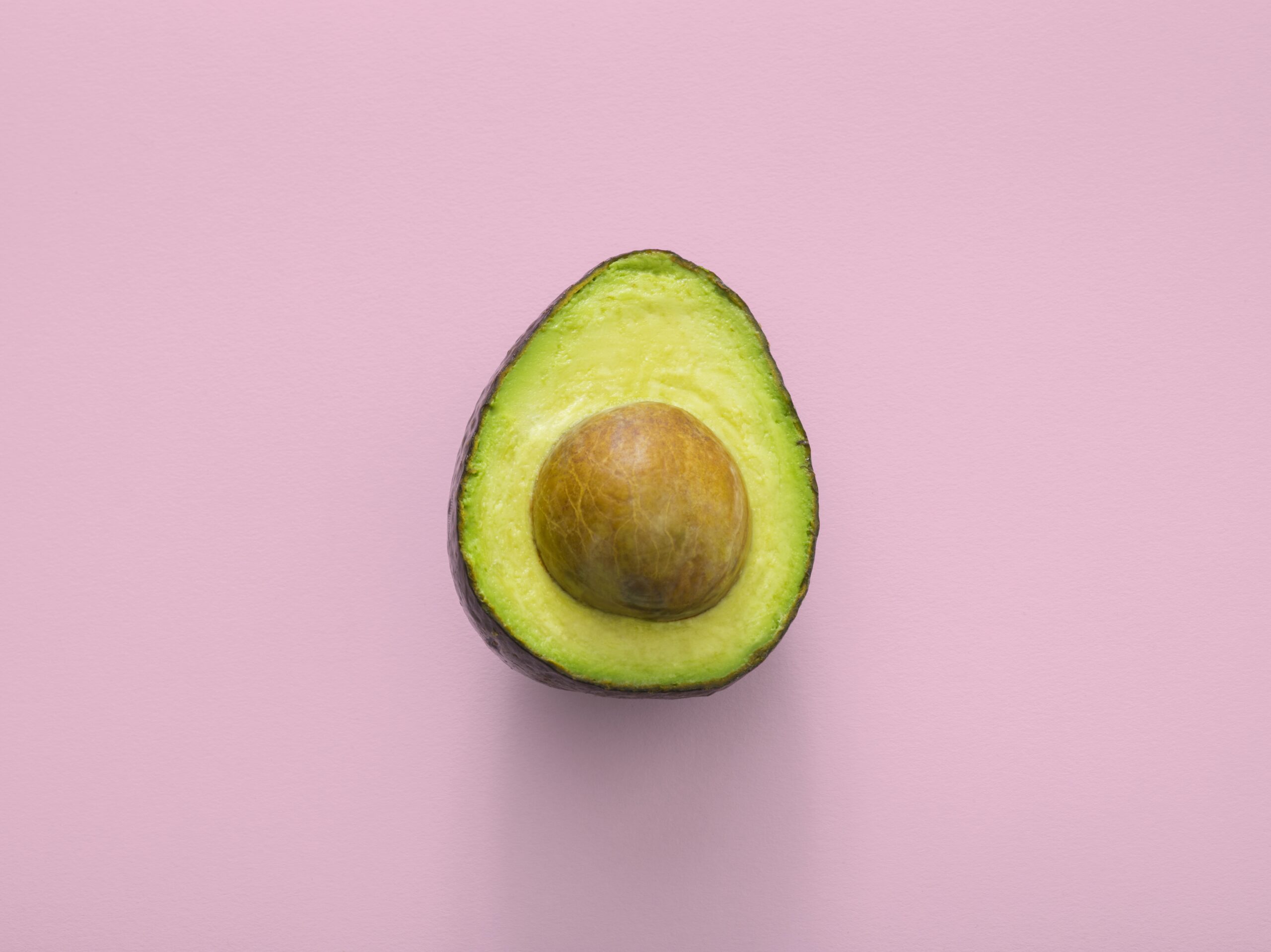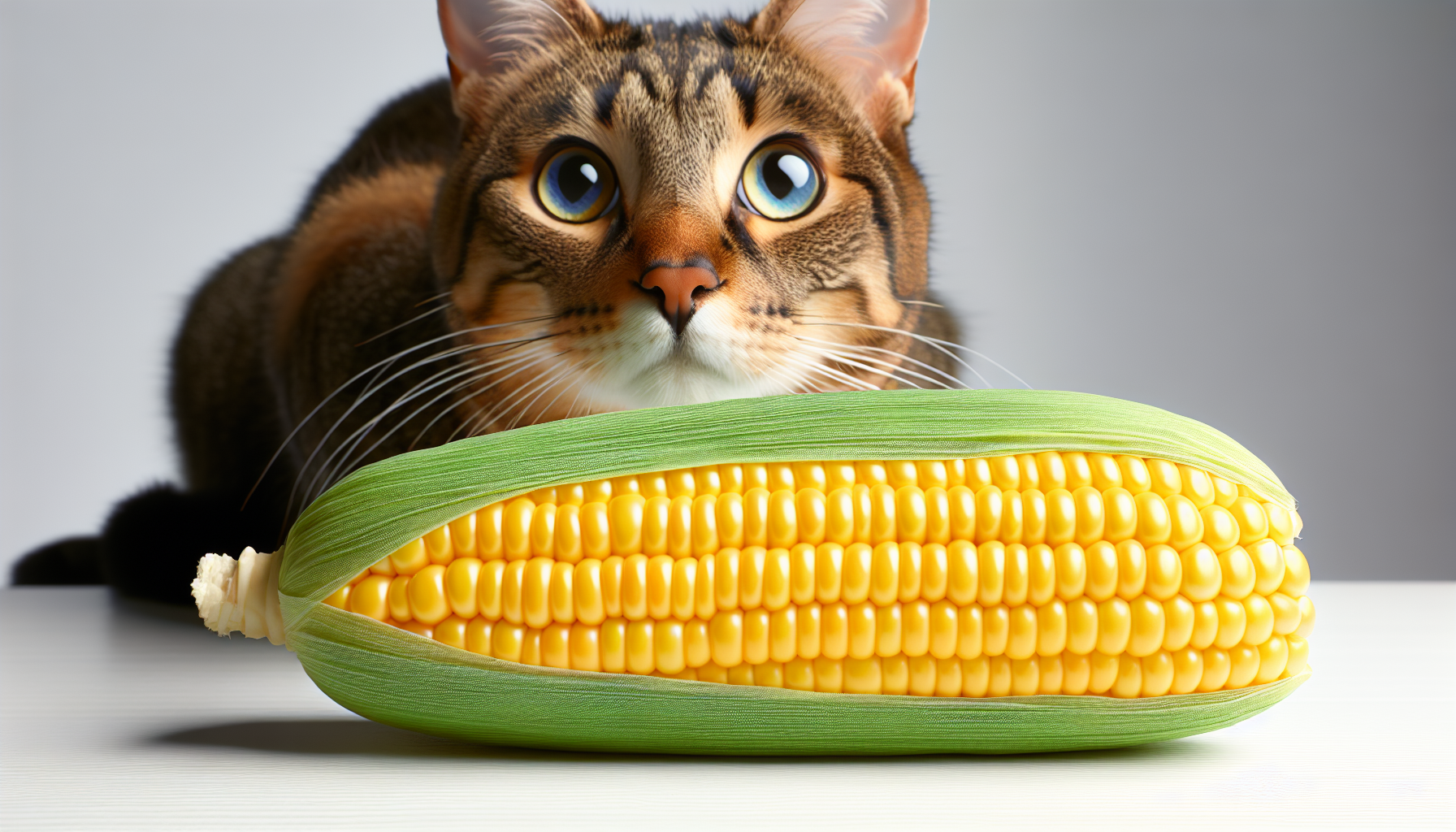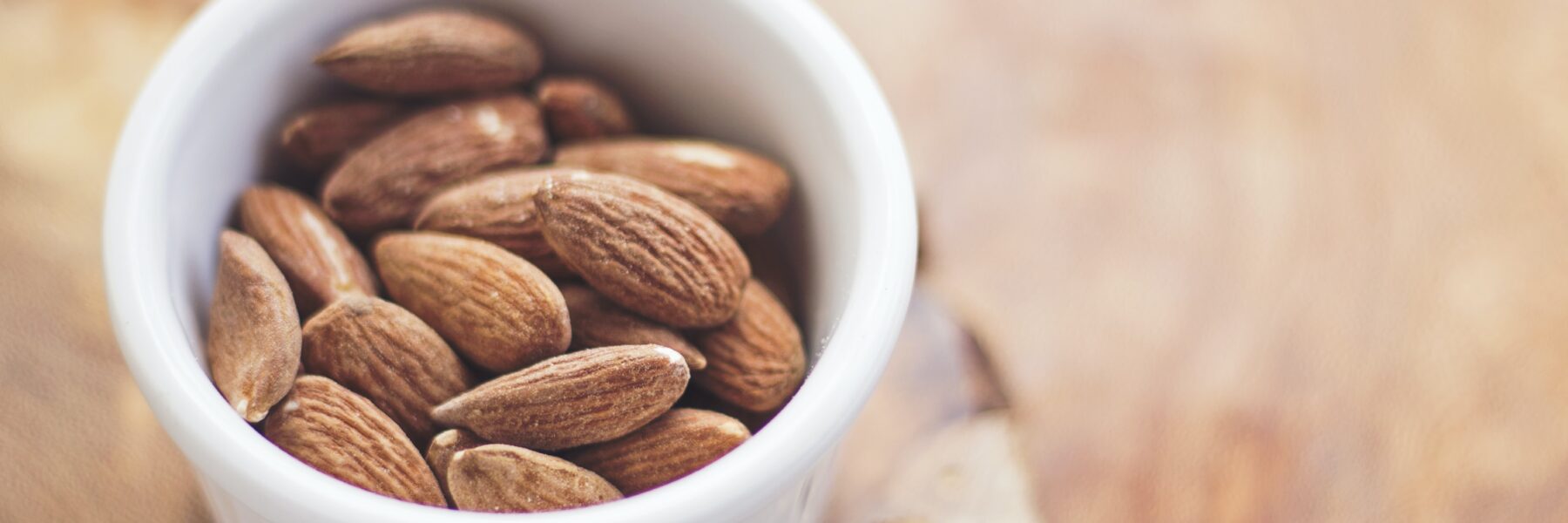Have you ever wondered if cats can enjoy a tasty treat of corn on the cob? While corn itself might be a familiar sight in many pet foods, the question of whether cats can safely munch on the cob elicits curiosity. In this article, we will explore the topic and shed some light on whether corn on the cob is a suitable addition to a feline’s diet. So, if you’ve been pondering this question, keep reading to find out the answer!
Introduction
Exploring the Safety of Corn for Cats
When it comes to our feline friends, it’s natural to wonder if they can indulge in certain human foods. One such food that might come to mind is corn on the cob. So, can cats eat corn on the cob? Let’s take a closer look at the nutritional value of corn, the digestive system of cats, and the potential benefits and risks associated with feeding corn to our feline companions.
Understanding the Importance of a Balanced Diet
Before we delve into the topic of feeding corn to cats, it’s crucial to understand the significance of a balanced diet for our furry friends. Cats require a carefully curated balance of essential nutrients to thrive. A well-rounded diet for cats includes a mix of high-quality proteins, fats, and a minimal amount of carbohydrates. Let’s explore the nutritional value of corn to determine if it fits into a cat’s optimal diet.
Nutritional Value of Corn
Macronutrients in Corn
Corn, a staple in many human diets, contains macronutrients that contribute to overall health. It is rich in carbohydrates and provides a moderate amount of protein. However, it is important to note that cats have different nutritional needs than humans. While carbohydrates do provide energy, cats primarily rely on protein for fuel.
Essential Vitamins and Minerals in Corn
Corn is also a source of essential vitamins and minerals such as vitamin C, vitamin B6, thiamine, and folate. These nutrients play a vital role in maintaining overall health and supporting various bodily functions. However, it’s essential for cats to obtain these nutrients from their primary food source – animal proteins.
Fiber Content in Corn
Corn boasts a considerable fiber content, which is beneficial for promoting healthy digestion in humans. While fiber is essential for regulating bowel movements and preventing constipation, cats possess a shorter digestive tract that is designed to process animal proteins efficiently. Therefore, they may not derive the same benefits from fiber-rich foods as humans do.

This image is property of images.unsplash.com.
Digestive System of Cats
Carnivorous Nature of Cats
Cats are obligate carnivores, meaning their bodies are physiologically designed to derive all essential nutrients from animal sources. Protein is the cornerstone of a cat’s diet, as it provides them with important amino acids necessary for various bodily processes. Their digestive systems are optimized for processing and utilizing nutrients from meat-based diets.
Specific Dietary Requirements of Cats
As obligate carnivores, cats have unique dietary requirements that differ from other animals. Their bodies require certain nutrients, such as taurine, Vitamin A, and arachidonic acid, which are found mainly in animal tissues. Feeding them a diet predominantly consisting of animal proteins ensures that they receive these essential nutrients in the right quantities.
Potential Benefits of Corn for Cats
Source of Energy
Corn does provide cats with a source of energy due to its carbohydrate content. While cats rely primarily on protein for fuel, a small amount of carbohydrates can be beneficial in providing quick bursts of energy. However, it’s important to note that cats have a limited ability to process and utilize carbohydrates.
Vitamin and Mineral Content
Corn contains a variety of vitamins and minerals that are beneficial for overall health. The inclusion of essential nutrients like vitamin C, vitamin B6, thiamine, and folate in a cat’s diet can support their immune system, brain function, and energy production. However, it’s crucial to remember that cats have specific dietary needs that are best fulfilled through animal-based proteins.
Promotes Healthy Digestion
The fiber content in corn may aid in promoting healthy digestion in humans. However, given the carnivorous nature and the shorter digestive tract of cats, their systems are not optimized for digesting plant-based fibers. Cats usually obtain the required fiber from the hair and feathers of their prey. While a minimal amount of fiber can be beneficial, cats should primarily rely on animal proteins for optimal digestion.

This image is property of images.unsplash.com.
Potential Risks of Corn for Cats
Difficulty in Digestion
Cats have a limited ability to digest and process carbohydrates effectively. Their bodies are not designed to break down complex carbohydrates like humans can. Feeding cats large amounts of corn or other high-carbohydrate foods can lead to digestive issues such as diarrhea, bloating, and gas. It may burden their digestive system and cause discomfort.
High Carbohydrate Content
Corn carries a relatively high carbohydrate load. While carbohydrates can provide energy, excessive consumption of carbohydrates can lead to weight gain and obesity in cats. These conditions can predispose cats to various health problems, including diabetes and joint issues. Cats must obtain energy primarily from high-quality protein sources to maintain a healthy weight.
Limited Nutritional Value
Although corn does contain certain vitamins and minerals, its overall nutritional value for cats is limited. Cats require specific nutrients that are abundant in animal-based proteins but are lacking in plant-based foods like corn. Relying on corn as a primary dietary component may result in nutrient deficiencies and compromise a cat’s overall well-being.
Potential for Weight Gain
As mentioned earlier, corn is high in carbohydrates. Consuming excessive amounts of carbohydrates can contribute to weight gain in cats. Overweight and obese cats are more prone to developing various health problems, such as diabetes, arthritis, and cardiovascular diseases. It’s crucial to maintain a healthy weight for cats to ensure their long-term well-being.
Allergic Reactions to Corn
Signs of Corn Allergy in Cats
Just like humans, cats can develop allergies to certain foods, including corn. Allergic reactions to corn may present in various ways, including itching, gastrointestinal upset, skin rashes, sneezing, or even respiratory issues. If you notice any unusual symptoms after feeding your cat corn, it’s important to consult with a veterinarian.
Managing Corn Allergies
If your cat is allergic to corn, it’s essential to eliminate it from their diet. Be sure to read ingredient labels carefully when choosing commercial cat foods or treats, as corn and its derivatives can be found in many products. Working closely with your veterinarian, you can devise a diet plan that excludes corn while ensuring your cat receives all essential nutrients.

This image is property of images.unsplash.com.
Feeding Corn to Cats in Moderation
Understanding Portion Sizes
If you choose to feed your cat corn in moderation, it’s crucial to be mindful of portion sizes. Cats have small stomachs and require appropriate portion control to prevent overeating and potential weight gain. A small, occasional treat of a few bites of cooked corn is generally safe when incorporated into a well-balanced diet.
Balancing Corn with Other Ingredients
When feeding corn to cats, it’s important to balance it with other ingredients to ensure they receive a complete and balanced diet. A few bites of corn shouldn’t replace the primary protein source in their diet. Make sure to complement the corn with high-quality animal proteins to meet your cat’s nutritional needs adequately.
Observing for Digestive Issues
After introducing corn into your cat’s diet, it’s essential to observe for any digestive issues. Monitor your cat for any signs of gastrointestinal upset, such as vomiting, diarrhea, or changes in appetite. If you notice any negative effects, it’s best to discontinue feeding corn and consult with your veterinarian for further guidance.
Making Corn Safe for Cats
Cooking Corn for Cats
If you do choose to incorporate corn into your cat’s diet, it’s important to prepare it in a cat-friendly manner. Boiling or steaming corn until it is tender and easy to chew can make it safer and more digestible for cats. Avoid adding any seasonings, such as salt or butter, as these can be harmful to cats.
Avoiding Seasonings and Additives
When feeding corn to cats, it’s essential to avoid using any seasonings or additives. Cats have sensitive digestive systems that may not tolerate certain flavorings or spices. Keep the corn plain and simple to minimize any potential issues that may arise from exposing your cat to unnecessary additives.

Alternative Vegetables for Cats
While corn may not be the ideal vegetable for cats, there are alternative options that can provide similar benefits. Green beans, peas, and cooked carrots are a few examples of vegetables that can be incorporated into a cat’s diet in moderation. Always ensure that vegetables are cooked thoroughly, as raw vegetables can be difficult for cats to digest.
Consulting with a Veterinarian
Seeking Professional Advice
When it comes to making dietary decisions for your cat, it’s always best to consult with a veterinarian. They can provide personalized advice based on your cat’s specific needs, health conditions, and dietary requirements. A veterinarian will take into consideration your cat’s overall well-being and guide you in selecting the most appropriate diet for them.
Tailoring Diet to Your Cat’s Needs
Every cat is unique, with individual preferences and nutritional needs. A veterinarian can help you tailor your cat’s diet to ensure they receive the optimal balance of nutrients. They will consider factors such as your cat’s age, weight, activity level, and any underlying health conditions. With professional guidance, you can make informed decisions about your cat’s diet to support their overall health and well-being.
In conclusion, while cats may be curious about corn on the cob, it’s important to consider their specific dietary requirements. Cats are obligate carnivores, and their bodies thrive on animal-based proteins. While corn does contain certain nutrients, its overall nutritional value for cats is limited. Feeding corn to cats in moderation can be safe, provided it is balanced with other suitable ingredients and monitored for any adverse effects. However, it is always best to consult with a veterinarian to determine the most appropriate diet for your cat and ensure their long-term health and happiness.


